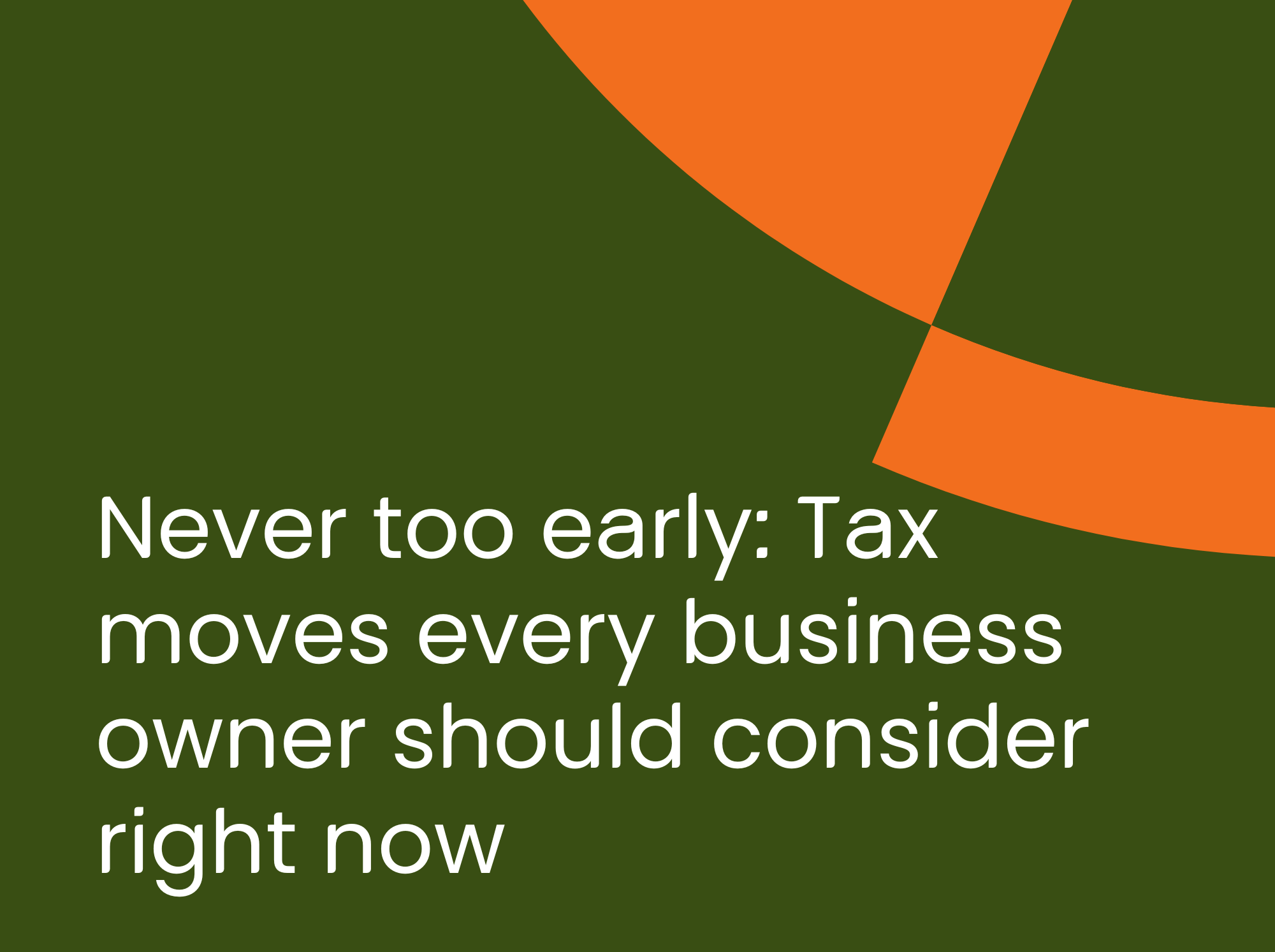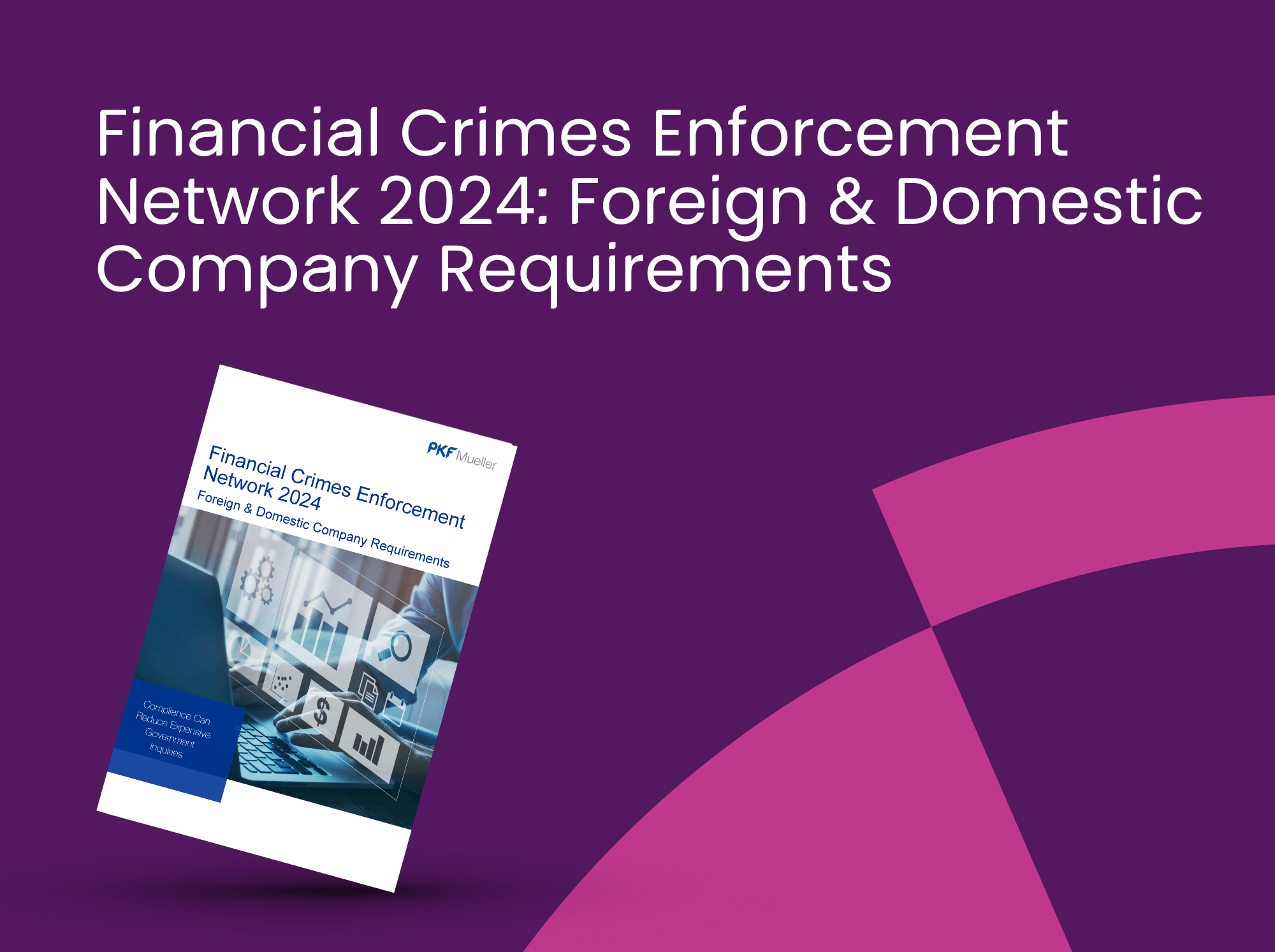This article was posted with permission from Author Joseph F. Bigane III.
Illinois is having a tax amnesty for all taxes but fuel tax which are administered by the Illinois Department of Revenue. The amnesty covers all periods from July 1, 2011 through June 30, 2018. The required filings and payments are due from October 1st through November 15th. Participating under the Amnesty rules will mean that all taxes are paid in full and that any related interest and/or penalty is completely waived.
The Illinois Department of Revenue has a website at https://www2.illinois.gov/rev/research/news/Pages/2019-Illinois-Tax-Amnesty-Program.aspx which can answer many of the questions and which will ultimately have the form(s) necessary to achieve amnesty.
Here are the fundamentals and some observations. Unlike the last two amnesties, if you fail to take advantage of this one there will be no doubling of penalties and interest. However to receive the abatement of the penalty and interest, they have to be attached to a tax liability, that is, if you have paid the tax in full but still owe penalty/interest you will not receive amnesty. Situations like this will have to be appealed to the Board of Appeals. Further, the tax for the period has to be paid in full. If it is not paid in full then amnesty will not be granted. Payment cannot be made by entering into a pay plan that is not full-paid by November 15th. So if you cannot full pay by November 15th you will have to borrow or invest the funds to get the amnesty relief.
There are two types of taxes for you to consider: those that have been assessed and those for which the Department of Revenue has not issued a tax notice. The first category includes
- taxes for which the Department has sent a Notice saying you owe a balance and
which you have not yet paid (any collection fees which have been added to your
account are treated as additional taxes which must be paid), - taxes for which you have been audited, a notice has been issued but for which you
have not yet agreed (you’ve gone to the Informal Conference Board, the Illinois Tax
Tribunal or Administrative Hearings).
These taxes can continued to be negotiated with the Department but ultimately must be paid with the appropriate amnesty paperwork no later than November 15th. In exchange for amnesty you will agree that these amounts are final and you cannot file a refund claim. So the determination here is whether giving up the arguments for a lower tax is equitable for the elimination of the penalties and interest.
The other category deals with taxes which are not being pursued by the Illinois Department of Revenue at this time. These would include
- tax returns that have been filed that the taxpayer knows to be wrong,
- returns that are currently under audit (federal or state) and no audit finding will be made by 11/15,
- income tax returns which have been audited or corrected (as to adjusted gross income)
by the IRS and for which no amended Illinois return has been filed.
For these types of issues, the statute of limitations still apply so that if returns have been filed and more than three years or three years, six months have passed then, generally the returns do not need to be amended. However, with respect to federal changes, if an amended Illinois return is not filed within 120 days of the final federal change, there is no statute of limitations and Illinois can assess whenever it becomes aware of the change.
Returns that are still open by statute, in order to participate in amnesty, must file amended returns for each tax period and remit the additional tax due for each tax period between October 1 and November 15. This would include returns under audit where the audit will not be completed before November 15th. Businesses should keep in mind that this applies to both the taxes which are due on sales as well as the use tax which is due on purchases. If it is subsequently determined that more tax is due than disclosed on the amended return, then the penalty and interest will only be assessed on the tax not disclosed under amnesty.
If you are currently dealing with a Department collection agent, tell him that you wish to participate in amnesty and it is likely that they will stop until October 1st. If he is persistent, ask for a payment plan whereby you can make a partial payment now and the balance during amnesty. Do not full pay the tax before October 1st.
If any of these issues apply to you or your clients, this may be a great way to help balance the budget.
Written by Joseph F. Bigane III
JFB Tax Consulting LLC
joe@jfbtax.com



